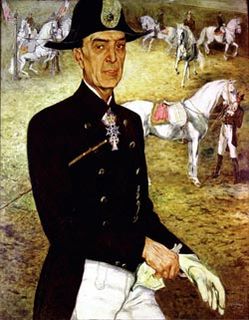A Quote by David Hume
Where ambition can cover its enterprises, even to the person himself, under the appearance of principle, it is the most incurable and inflexible of passions
Quote Topics
Related Quotes
It was as if personality itself had a 'face'. This non-physical face of personality seemed to be the real key to personality change. It remained scarred, distorted, 'ugly' or inferior the person himself acted out this role in his behaviour regardless of the changes in physical appearance. If this 'face of personality' could be reconstructed, if old emotional scars could be removed, then the person himself changed, even without facial plastic surgery.
It is a mighty error to suppose that none but violent and strong passions, such as love and ambition, are able to vanquish the rest. Even idleness, as feeble and languishing as it is, sometimes reigns over them; it usurps the throne and sits paramount over all the designs and actions of our lives, and imperceptibly wastes and destroys all our passions and all our virtues.
And wasn't it terrible, how much he looked forward to those moments, so much so that sometimes even a ride by himself on the subway was the best part of the day? Wasn't it terrible that after all the work one put into finding a person to spend one's life with, after making a family with that person, even in spite of missing that person...that solitude was what one relished the most, the only thing that, even in fleeting, diminished doses, kept one sane?
We judge others instantly by their clothes, their cars, their appearance, their race, their education, their social status. The list is endless. What gets me is that most people decide who another person is before they have even spoken to them. What's even worse is that these same people decide who someone else is, and don't even know who they are themselves.
I believe that Jesus would have given His life for just one person. Jesus emptied Himself, He humbled Himself and He so yielded Himself to His Father's love that He had no ambition of His own. He was not looking to build an empire, He did not want praise or adulation or to impress people with who or how many followed Him. He stopped over and over again for just one person, for just one life.








































